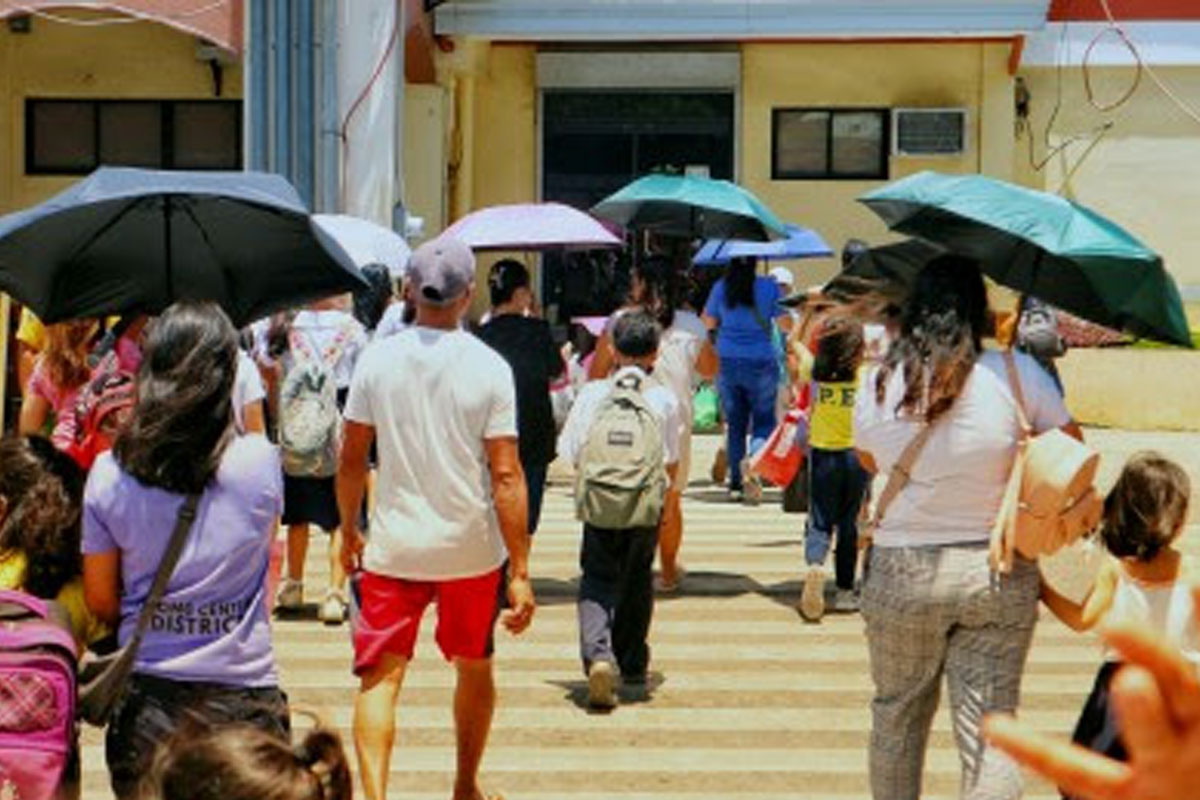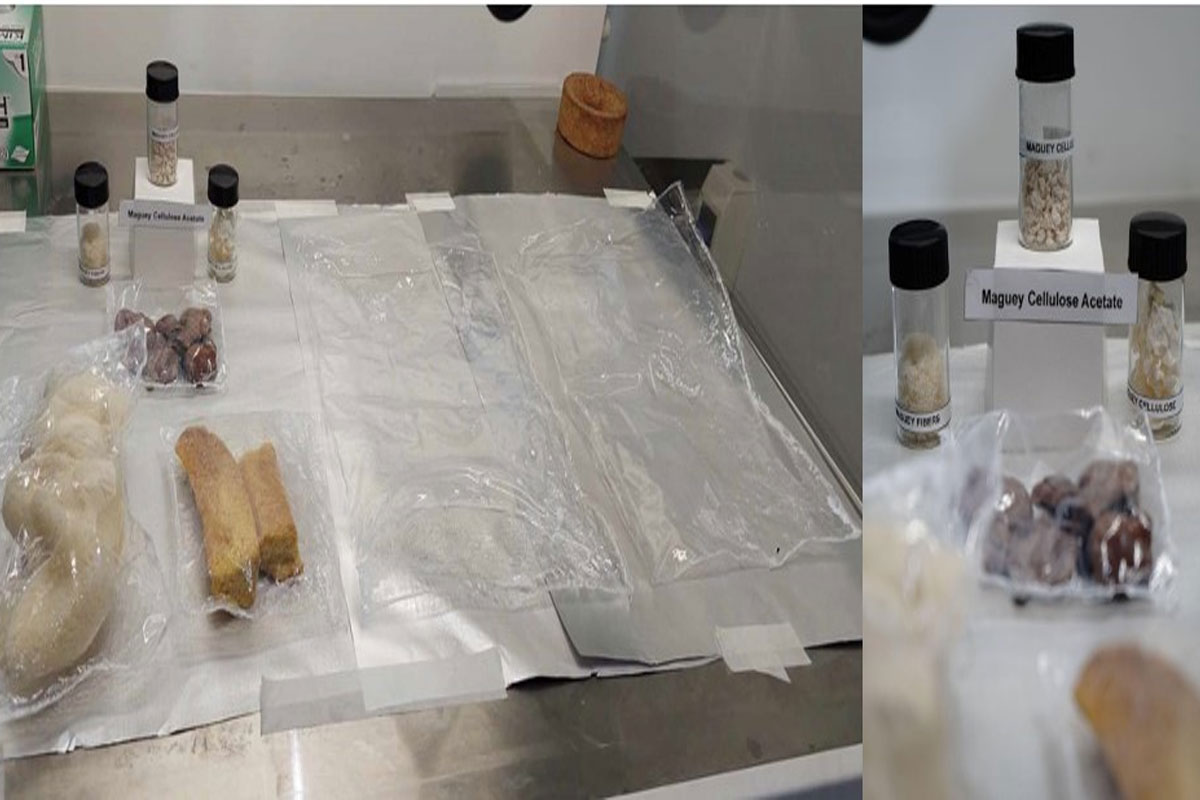
WHO sees community transmission of UK, South Africa variants in NCR Plus
THE World Health Organization (WHO) reported that there is now a community transmission of the UK and South Africa variants of the COVID-19 virus in the National Capital Region (NCR) Plus bubble.
Dr. Rabindra Abeyasinghe, WHO representative in the country, said there was reason to believe that there was community transmission of the two variants of concern in the NCR Plus based on evidence and the number of cases.
“With regards to the NCR Plus bubble, we also see multiple number of cases that have been confirmed to be of these two variants of concern. In some locations of the Philippines, we will have to accept that there is community level transmission of these variants, the B117 and B1351,” he said.
Community transmission means there are no longer links between COVID-19 cases carrying the new variants.
Abeyasinghe said the inability to trace the linkages among cases could also be due to weaknesses in contact tracing.
“With regards to the NCR Plus bubble, we also see multiple number of cases that have been confirmed to be of these two variants of concern. And these cases have been identified in nearly all of the cities of the NCR and so we tend to believe that there is some degree to community transmission within NCR,” he added, referring to the NCR Plus bubble.
The WHO country rep also said there was a community transmission of the UK variant in the Cordillera Administrative Region (CAR).
“We know that the B117 transmission started in the CAR region and it’s quite evident that there is some degree of community transmission there,” he said.
Abeyasinghe further said it was uncertain whether the two variants were now the dominant variants in the said areas.
“We have a challenge in the fact that the Philippines has limited capacity for genome sequencing. We have only capacity to do about 700 samples on a weekly basis. We are engaging with the government to see how we can expand that capacity. With limited capacity, it’s difficult for us to judge exactly how widespread these variants are and how their distribution is,” he said.
The WHO has also urged the Department of Health (DOH) to intensify case finding of India variant cases. The said variant is linked to increased transmissibility.
The WHO has sent a team of experts to assess the extent of the transmission of the variants of concern in the country. They are working with the DOH and the Philippine Genome Center to improve the country’s genomic biosurveillance.






















